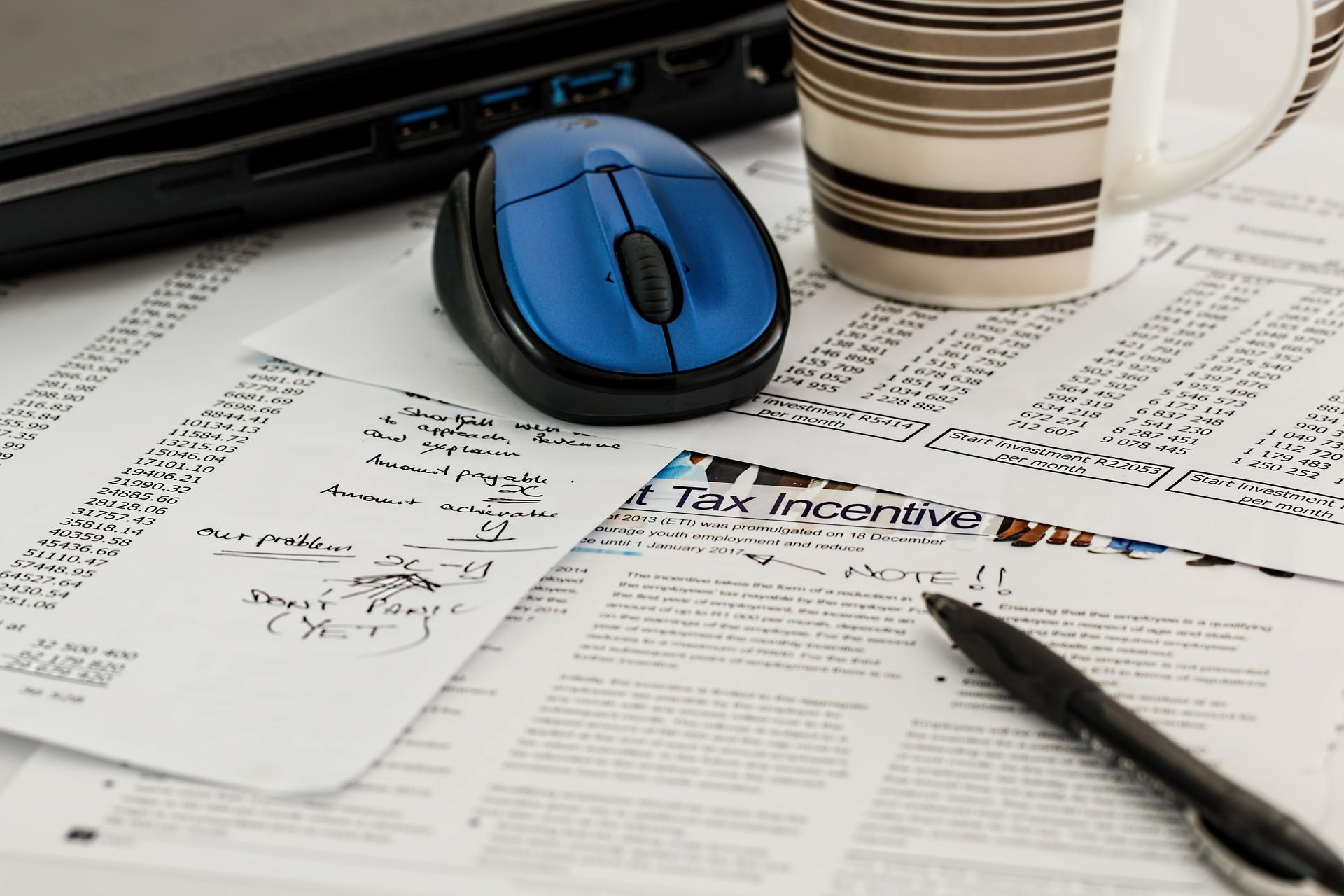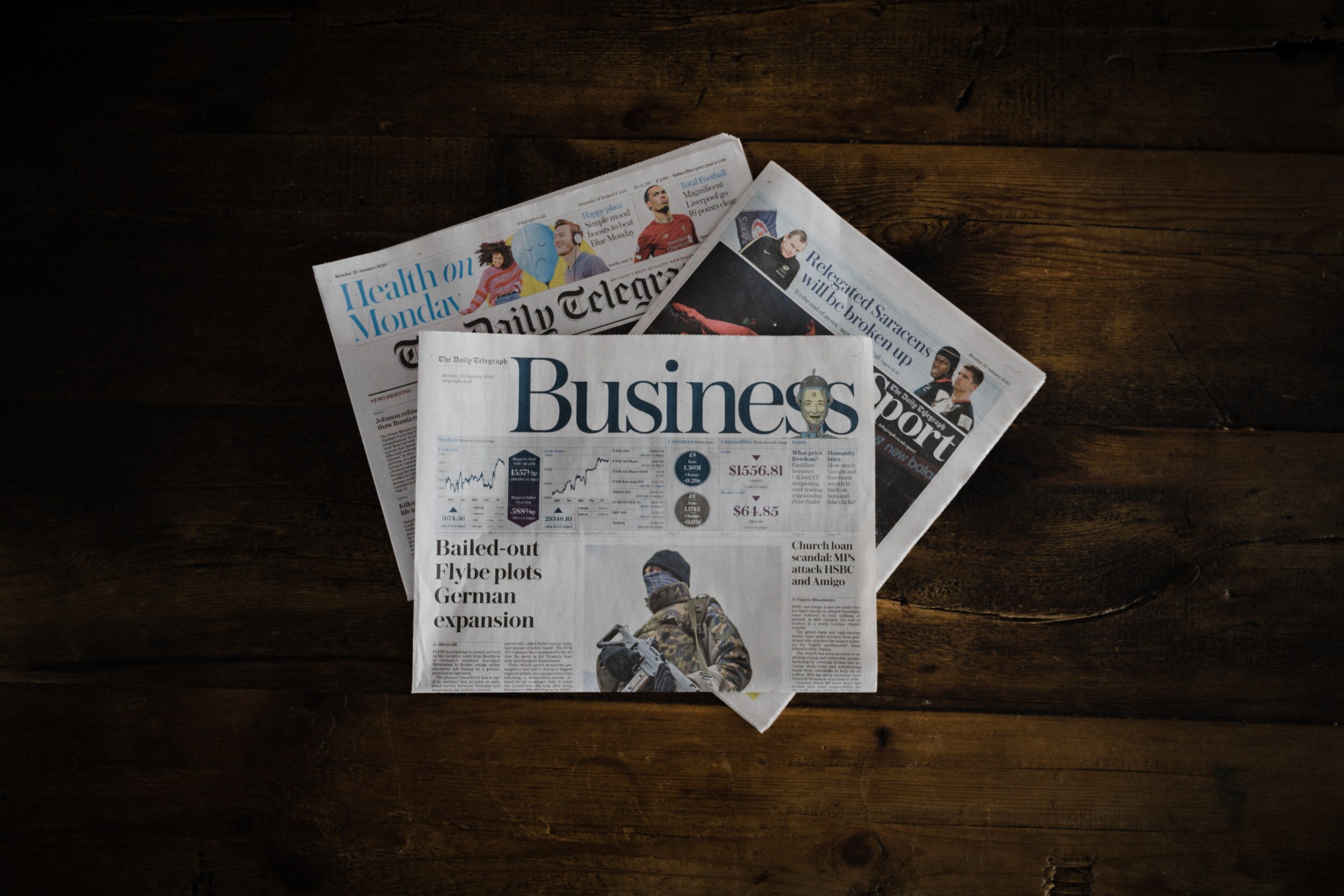
How to customize a Chart of Accounts for optimal financial reporting
A chart of accounts is the structural framework for any business accounting system. It is analogous to a filing system. If you wanted to, you could dump all your documents into one giant file in your filing cabinet (or a file folder on your computer). Of course, if you did do it this way, you would likely have a hard time locating your documents. Alternatively, you could create a series of folders, based on an organization system that makes sense for you and your business. This type of structure would make it much easier and (as long as you remember your system), much more efficient to find what you are looking for. The more precise your system, the more time you save and the easier your documents become to access. Similarly, a chart of accounts is a type of categorization arrangement for your financial data. You slot everything into a category with the ultimate goal of getting financial reports such as your balance sheet and profit-loss statement that provides valuable info to the business owner as well as the other other stakeholders of the business. It should be noted that while each chart of accounts has commonalities and some specific conventions that should be followed, there is no one size fits all. Consequently, it is important to spend some time thinking about a chart of accounts that fits the profile of your business. If you are using Quickbooks Online, you can read this in conjunction with our article on setting up QBO for the first time and watch my video on working with chart of accounts in QuickBooks Online.

What is Capital Cost Allowance and How Does it Impact Your Business
Frequently a client of mine will purchase a high ticket item such as a computer or a piece of furniture and will simply show it as an expense on their profit and loss. As far as they are concerned, if you spend money on acquiring something you should be able to write it off against your income. This makes logical sense from a certain point of view. Unfortunately, accountants and revenue agencies do not see it this way. From their perspective, an item that is purchased for a business, whose value extends beyond one year, is actually an asset that should be depreciated over the useful life of the asset. In other words, the expense that you can claim for the asset is only the portion of the asset that is used in the year that you claim it. While there are different accounting methods to reflect depreciation, Revenue Canada requires that you apply a percentage depending on the “class” in the asset is classified and is referred to as capital cost allowance or CCA.

How to Account for Bad Debts and Record it in Quickbooks Online and Desktop
One of the more unpleasant aspects of being a business owner is having to chase clients that do not pay. It is frustrating, stressful and disheartening, while attempts to collect are an unproductive use of time and can have a significant impact on cash flow, particularly if you are unprepared. A bad debt, in accounting terms, refers to an amount charged to a customer that is never paid. While the original sale would have been reflected as revenue, the uncollectible bad debt would then have to be written off as a separate line item on the profit and loss statement

What Types of Advertising/Marketing Expenses Can Small Businesses Deduct?
In the past advertising for small business owners mostly involved ads for print, television or radio (a catchy jingle was always a good way to go), cold calling (rarely a pleasant experience), sending out flyers or courting potential customers at a conference. Unfortunately, these types of advertising were problematic in that it is difficult to gage the direct impact of their effectiveness. Additionally, they were often fairly costly, which can especially difficult for small business owners to afford.
Over the past few years the avenues for advertising have grown exponentially. Many types of advertising don’t even cost anything, except time. You can buy ads on numerous social media outlets that appeal to your target market or if you want to go the free route, you can set up a social media account, post regularly and build an audience. Alternatively, you can set up a website which you can then optimize so that google and other search engines display it when someone is looking for your product or service. Email newsletters are also another effective and direct way of reaching potential buyers. One of the great benefits of these types of advertising is that you are better able to monitor the effectiveness of your chosen strategy.

20 Essential Tax Facts for Small Business Owners
Probably the most popular question posed to accountants and tax preparers (especially around this time of year) is what types of expenses are deductible. The short answer is that an expense is considered to be deductible if it has been incurred with the ultimate purpose of earning income. For example if you purchase a domain name with the intent of setting up a website to sell your goods or services, this would be a deductible expense. However, if the purpose of your website is simply a place to show pictures of your cat, this would not be considered a business and therefore not a deductible expense. Of course if your cat picture website starts to become popular and you decide that you want to actively build this business by advertising on the site or partnering up with cat product resellers, your non commercial hobby could then be considered a business. Since you now have the intent to build a business the income earned would have to be reported and expenses incurred to earn this income would be deductible.

How To Close Your Year End (or Period End)in QBO
Doing your own accounting in accounting software such as QuickBooks Online (QBO) is relatively straightforward especially if you have set up your QBO file optimally. You periodically enter invoices, expenses, bills and allocate transactions from the banking download. And while QBO is designed for non accountants, it is also equally appreciated by many accountants for its simplicity and user friendliness (although, as with any software product, there are grievances).
There does come a point, however, when you might notice that some things don’t look right. The bank balance or credit card balance might not match to the QuickBooks balance or your income and/or expenses might seem much too high or inconsistent with previous years. The solution to identifying and fixing these discrepancies is to perform what accountants refer to as year end (or month end) closing procedures, that if done properly, should correct any discrepancies that crop up. The ultimate goal of closing the books monthly or annually is to ensure that you can rely on the integrity of your data.

How to determine if your business idea Is profitable
I have spoken to and mentored many lovely entrepreneurs who have wonderfully innovative ideas for a new business. But, as any business owner can attest to, starting a new business is hard work. Before even thinking about launching, you need to ensure that the business is actually viable. You do this by assessing your market, reviewing potential demand for your product and analyzing the competition. Once you have done this, you then need to ensure that your business can be profitable.
In order to determine profitability, you need to understand both the pricing of your products and/or services and the relevant costs. This can be difficult to do especially when you don’t have any history. Your only choice is to estimate based on the best information available. In this article, I give you some guidance on the financial information that you need to compile.

Should you use accounting software or a spreadsheet to track your small business finances?
Over the years my clients have come to me with their financial data in various formats. I have received shoeboxes of receipts which need to be deciphered and compiled. Some clients have given me their spreadsheets in excel, google or occasionally summaries in a word document. Others decided it made sense to use accounting software right at the outset of their businesses.
In many cases, using a spreadsheet is perfectly fine and sufficient for small business or self employed individuals where you simply need a way to determine your income and expenses. There are situations, especially when you are planning to do your own small business accounting, where it can be significantly beneficial to upgrade your record keeping from a spreadsheet to accounting software. I have enumerated some of the factors to consider when determining if your spreadsheet is enough for your accounting needs or whether it is time to upgrade.

Improve Your Small Business Cash Flow with These 10 Tips
One of the biggest challenges for many small business owners, particularly in the initial and growth stage, is ensuring that they maintain sufficient cash flow. Many businesses with great potential have suffered an untimely demise due to their inability to pay their suppliers, employees and revenue agencies. In many cases, this can be prevented through a better understanding of your small business’ cash flow requirements and making sure that you implement relevant processes that can handle cash flow issues as they arise.

What Are Bank Reconciliations and Why Every Business Should Do Them
Many small business and self employed owners take on the responsibility of doing their own accounting. You may do all of your own accounting from set up to preparing your own small business tax return OR you may have an accountant who simply takes care of your year end and tax reporting. Accounting software has made doing your own accounting much simpler and allows for most business owners to do it, regardless of whether they have some sort of accounting background. There is however a learning curve and certain accounting steps that not everyone is aware of and that are very important to ensure the accuracy of your books. One of these is are bank reconciliations.

Why and How to Transition from a Sole Proprietorship to a Corporation
When starting your new business, often it makes sense to choose the simplest structure which is the sole proprietorship. This allows you to test the viability of your business idea and to see if the lifestyle and the related stress that goes along with being a business owner suits your personality and is in line with your long term goals. Alternatively, you might want to keep everything simple and not add any unnecessary complexity. Registering and maintaining a sole proprietorship is fairly straightforward ; many business owners don’t put much thought into the financial aspects of it until tax time (when the mad scramble ensues). Once you have a corporation, however, the level of complexity and commitment increases

18 Accounting Terms that every new business owner should know.
When starting a new business, you will be subjected to a variety of financial jargon. This can come from your bank, Revenue Canada or Revenue Quebec, suppliers, customers and various other business partners. If you are unfamiliar with this terminology, these requests which are often quite straightforward, can become stressful if you are not exactly sure what they mean. It is important, therefore, to arm yourself with at least a basic vocabulary of the most common financial and accounting terminology that will give you a better understanding of your business and therefore be well equipped to answer any questions that come your way.

9 Tips for Building a Sales Forecast
Having a dynamic, regularly updated sales forecast can be essential to the success of a small business. By forecasting your sales revenue you are helping to control for its unpredictability, an inherent risk in any business venture, and prepare for the decisions that are essential to your business profitability. Whether your sales are increasing, decreasing or static, it is always better when decisions are made proactively rather than reactively.
Building your small business sales forecast can be as simple as you want it to be and does not require an accounting degree , particularly when your business is in the early and/or startup stages. Below are some tips to help you create your sales forecast:

4 Simple Financial Metrics to Help Measure the Success of Your Small Business
Most small business owners want insights into their business performance to get a sense of what they are doing well while also trying to understand their areas of weakness. Unfortunately a big picture view does not always immediately reveal itself– a thorough understanding of your business generally requires a more thorough analysis and introspection. You may be tempted to look at cash (or lack thereof) in your bank account or your net profit , however these are not always reliable indicators of success or failure , particularly when taken in isolation. Every small business owner should identify the specific needs and constraints of their business to determine the optimal analysis required to assess its financial performance. Some general analysis that most businesses can benefit from are presented below:
